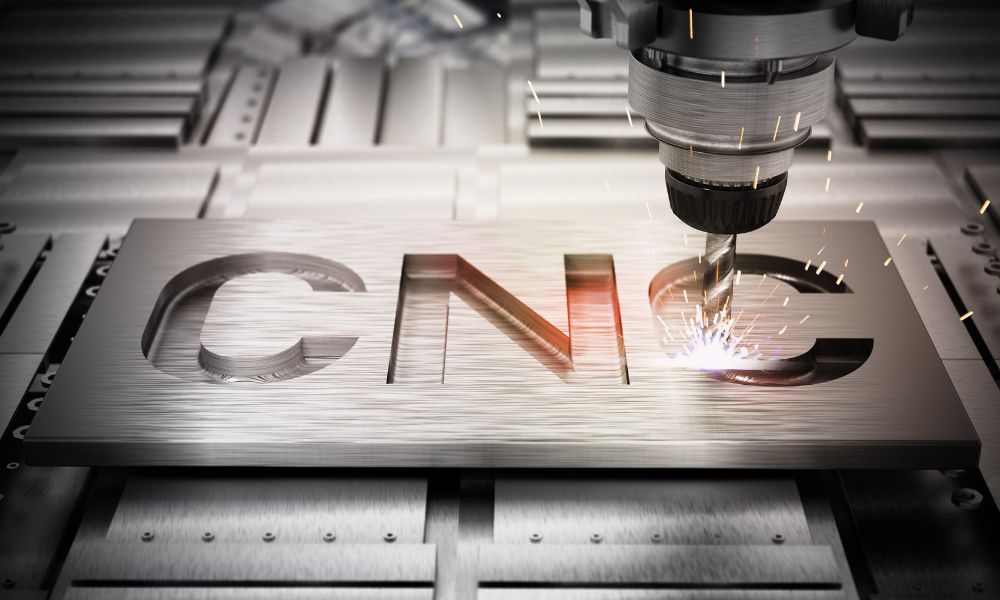Material Tips for Optimizing CNC Machining of Aluminum Plate
Computer Numerical Control (CNC) machining has revolutionized the manufacturing industry, particularly when working with aluminum plate and other alloys. Precision, repeatability, and efficiency are the name of the game. Yet, there's always room to enhance the machining process. Read on to find out a few tips to optimize CNC machining of sheet metal.
Proper Material Selection
Choosing the right material is pivotal. Not all metals behave the same under machining conditions. Factors like ductility, strength, and thermal conductivity can impact the machining process. For instance, aluminum tends to be a favorite due to its lightweight nature and ease of machining.
However, if the application requires a tougher material, stainless steel or titanium might be more appropriate. Making an informed material choice can save time, reduce wear on your tools, and improve overall machining quality.
Near Net Size Precision Materials or Oversized Saw Cut Materials
Sourcing materials through a typical distributor means receiving oversized saw-cut materials, which require further machining to make them flat, square, parallel, and dimensionally ready for finish machining. Pre-machined materials, or machine-ready blanks as they are commonly referred to, arrive flat, square, and parallel to close tolerances and near net finished size. This eliminates the need for in-house material prep and prevents wear and tear on CNC machines better suited for high-value finish machining.
Toolpath Strategy
The path your CNC machine tool follows can make a significant difference in the final product. It affects both the machining time and the finish of the part. Optimizing the toolpath to reduce unnecessary movements can expedite the machining process. Additionally, the strategy you choose should align with your desired finish and the geometries of the part, ensuring accuracy and a quality end product.
Speeds and Feeds
The rate at which the machine moves (feeds) and the speed of the tool's rotation can influence both the tool's lifespan and the finish of the metal. Pushing the machine too hard can cause tool breakage and produce subpar results. Conversely, being overly cautious can unnecessarily prolong the machining time. Striking the right balance between these parameters, possibly through some trial and error, can drastically improve efficiency and output quality.
Regular Maintenance
A CNC machine is only as good as its condition. Regular maintenance checks ensure that all components are functioning optimally. This includes checking the alignment, lubrication, and overall cleanliness of the machine. A well-maintained machine not only produces consistent results but also has a longer operational lifespan, giving you more bang for your buck in the long run.
Now that you know these four tips for optimizing CNC machining of sheet metal, you're set to enhance your production process. In the realm of CNC machining, attention to detail and continuous refinement are paramount. When you need high-quality machined metal from reputable aluminum plate suppliers, you can always count on TCI Precision Metals!

